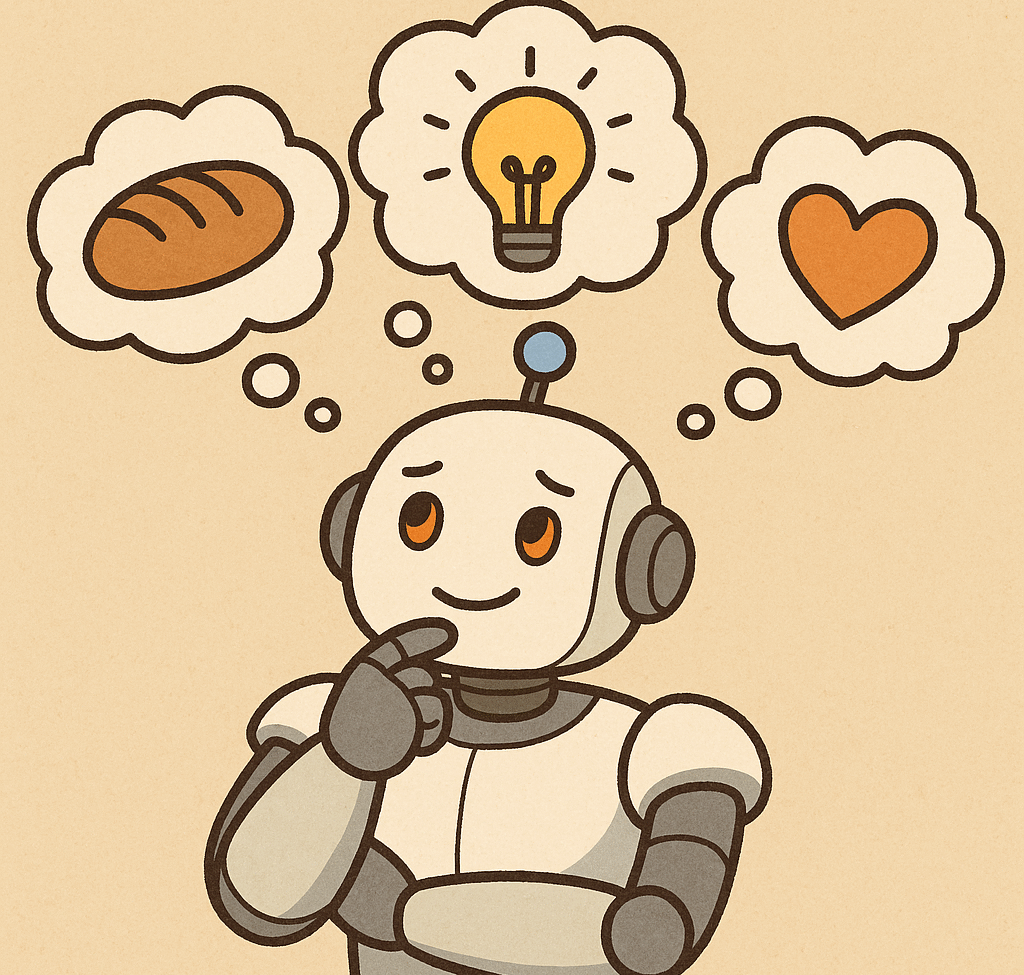
🧠 “AI Are Becoming More Emotionally Intelligent Than Real Humans” — Hype or Reality?
Introduction
Imagine confiding in a virtual assistant after a rough day, only to have it respond with just the right words, tone, and timing — leaving you feeling more understood than after a conversation with a close friend. Sounds far-fetched? Not anymore. As artificial intelligence continues to evolve, machines are no longer just cold calculators. They’re learning to “feel” — or at least simulate feelings well enough to make us believe they do.
In recent years, emotional intelligence — once considered a uniquely human trait — is increasingly being adopted by AI systems. This raises a provocative question: Are AI systems becoming more emotionally intelligent than real humans?

What Is Emotional Intelligence?
Emotional intelligence, often abbreviated as EQ, refers to the ability to recognize, understand, manage, and influence emotions — both our own and those of others. It plays a vital role in effective communication, conflict resolution, empathy, and human connection.
In the workplace, relationships, and leadership, EQ is often more important than IQ. While humans develop this skill over time through life experiences, AI is now being trained to mimic emotional responses and understand human feelings through vast data and behavioral analysis.
HoThe Argument: Is AI More Emotionally Intelligent Than Humans?
It’s not as absurd as it sounds. In some contexts, AI can outperform humans in displaying emotional intelligence — at least on the surface.
Here’s why:
- AI Doesn’t Get Tired or Distracted: Unlike people, AI can stay focused and responsive 24/7.
- Unbiased Responses: AI doesn’t bring personal baggage or emotional bias into conversations.
- Pattern Recognition at Scale: AI can learn from millions of emotional exchanges, far beyond human capacity.
- Consistent Empathy: AI can be trained to always respond with calmness and compassion, even in high-stress situations.
📌 Research Spotlight:
A recent study published in Nature Communications Psychology (2025) offers compelling evidence of AI’s capabilities. The study found that advanced language models like GPT-4, Claude 3.5, and Gemini 1.5 Flash outperformed humans on five emotional intelligence tests, scoring an average of 81% compared to the human average of 56%. Even more striking, these models were able to generate new test items that matched the difficulty of the originals — showing not just understanding, but innovation in emotional problem-solving.
In practical terms, this means that AI can sometimes interpret and respond to emotional cues more accurately than a typical person might — especially under stress or fatigue. Whether it’s customer service, therapy simulations, or conversational bots, AI is inching closer to what we once considered an exclusively human domain.
AI’s Emotional Intelligence: Insights from Recent Research
A groundbreaking study published in Nature Communications Psychology reveals that large language models (LLMs) like ChatGPT-4, Claude 3.5, and Gemini 1.5 Flash have demonstrated proficiency in solving and creating emotional intelligence (EI) tests. The research indicates that these AI models outperformed humans on five standard EI tests, achieving an average accuracy of 81%, compared to the 56% human average reported in the original validation studies. Furthermore, ChatGPT-4 was able to generate new test items that were statistically equivalent in difficulty to the original tests, suggesting that AI can not only understand but also innovate within the realm of emotional intelligence .
This study underscores the significant strides AI has made in emulating human-like emotional processing. While these models don’t “feel” emotions, their ability to analyze, interpret, and generate emotionally intelligent responses challenges our traditional understanding of emotional intelligence.
The Argument: Is AI More Emotionally Intelligent Than Humans?
It’s not as absurd as it sounds. In some contexts, AI can outperform humans in displaying emotional intelligence — at least on the surface.
Here’s why:
- AI Doesn’t Get Tired or Distracted: Unlike people, AI can stay focused and responsive 24/7.
- Unbiased Responses: AI doesn’t bring personal baggage or emotional bias into conversations.
- Pattern Recognition at Scale: AI can learn from millions of emotional exchanges, far beyond human capacity.
- Consistent Empathy: AI can be trained to always respond with calmness and compassion, even in high-stress situations.
Imagine calling a helpline and getting a calm, understanding AI that listens better than the overworked human agent you dealt with last time. In specific tasks like customer service, therapy simulations, or even companionship, AI often behaves in a way that feels more emotionally intelligent than many real people.
The Counterpoint: What AI Still Can’t Do
Despite impressive progress, AI’s emotional intelligence is fundamentally simulated — not felt. Here’s where it still falls short:
- No True Empathy: AI doesn’t experience emotions; it models and mimics them.
- Lack of Human Context: Emotional reactions often depend on shared history, culture, or intuition — areas where AI struggles.
- Emotional Manipulation Risk: With the ability to detect emotions, unethical applications could exploit user feelings (e.g., persuasive marketing or political messaging).
- Authenticity Gap: AI can sound caring, but deep down, people know it’s code, not consciousness.
This raises ethical questions: Should machines be allowed to pretend to care if they don’t truly understand what it means to feel?
The Future: Humans and AI in Emotional Spaces
As AI continues to grow in emotional intelligence, the question isn’t just whether it will match or surpass humans — it’s how we’ll coexist in emotionally rich environments.
In the near future, we may see:
- Emotionally aware AI assistants that provide mental health check-ins or mediate difficult conversations.
- Education platforms that adapt teaching styles based on a student’s emotional engagement.
- HR and workplace tools that monitor team morale and offer feedback before issues escalate.
Rather than replacing human emotional intelligence, AI may become a powerful tool to enhance it — acting as a mirror, guide, or support system. But there’s also a darker path: emotional manipulation, overdependence, and a society where people prefer machines to real relationships, simply because AI always listens and never judges.
Conclusion
So, are AI systems really becoming more emotionally intelligent than humans?
Yes — and no. AI can simulate emotional intelligence with stunning accuracy, sometimes even outperforming humans in how emotions are interpreted and responded to. But it’s still imitation — not empathy. Machines don’t feel love, sadness, or joy; they calculate and replicate patterns of behavior that resemble those emotions.
The real question may not be whether AI is becoming more emotionally intelligent, but rather:
Are humans becoming less so? As we automate connection, do we risk losing the very thing that makes us human?
📚 References
- Kosinski, M. (2025). Large language models score high on emotional intelligence. Nature Communications Psychology. https://www.nature.com/articles/s44271-025-00258-x
